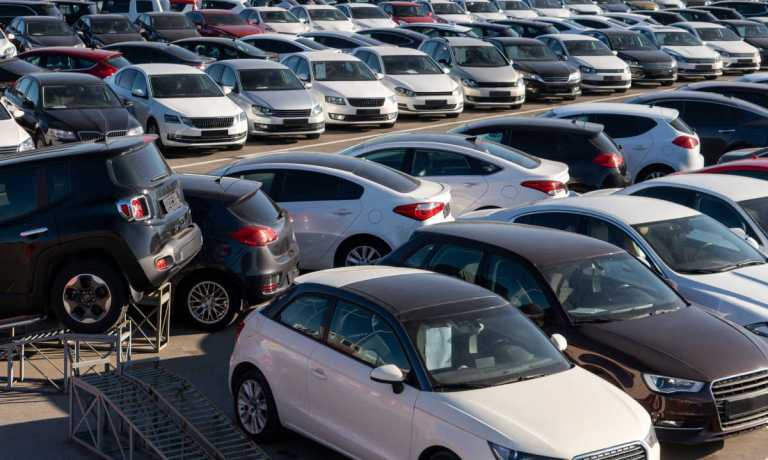Used Car Sector Faces ‘Challenging Year’ as Consumers Cut Spending

Inflation and an uptick in new vehicle production have dampened the market for used cars.
That’s according to a report late Monday (Jan. 30) from The New York Times, which finds dealers who specialize in pre-owned vehicles suffering as sales and prices decline.
“After a huge run-up in 2021, last year was a reality check,” Chris Frey, senior manager of economic and industry insights for Cox Automotive, told the Times. “The used market now faces a challenging year as demand weakens.”
Cox’s research shows used car values declining 14% last year, with an additional 4% drop projected for this year. The Times report says this shift will force dealers to sell some vehicles at a loss.
The report illustrates the troubles the industry is facing through the plight of Carvana, which has seen its stock price drop more than 95% in the past 12 months. The company reported a quarterly loss of almost $500 million and has laid off at least 4,000 workers.
Seth Basham, an Wedbush analyst, told the Times it is likely the company will need to file for bankruptcy protection, a claim Carvana denied.
But the issue isn’t just affecting American companies. PYMNTS reported earlier this month that U.K. used car seller Cazoo had unveiled a revised strategic plan for the year that reduces the company’s sales target down to 40,000 to 50,000 U.K. retail units this year.
The company has also said it would close some of its vehicle preparation facilities and cut jobs to reduce costs and improve efficiency.
Cazoo founder and CEO Alex Chesterman OBE said in a statement that the company is “extremely mindful of the current economic environment” and has confidence that “the right course of action for 2023 is to focus on further improving our unit economics, reducing our fixed cost base and maximizing our cash runway.”
Recent research by PYMNTS shows consumers purchasing fewer vehicles overall as Americans readjust their buying strategy due to inflation.
Fifty-five percent of consumers said they did not buy a car in 2022 and likely won’t again this year, according to “New Reality Check: The Paycheck-to-Paycheck Report: The Economic Outlook and Sentiment Edition,” a collaboration between PYMNTS and LendingClub.
That drop comes as consumers are cutting back on a host of nonessential items such as vacations, electronics and appliances, the study found. Just 35% of consumers plan to spend on leisure travel in 2023, and just under a quarter (24%) say they plan to buy expensive electronics or appliances.